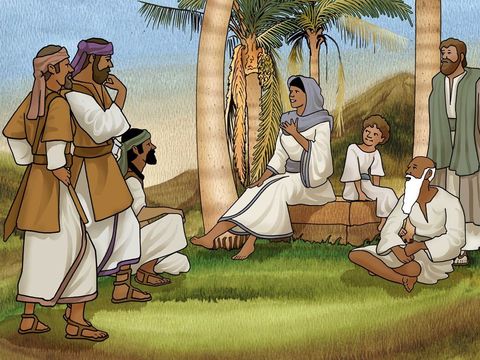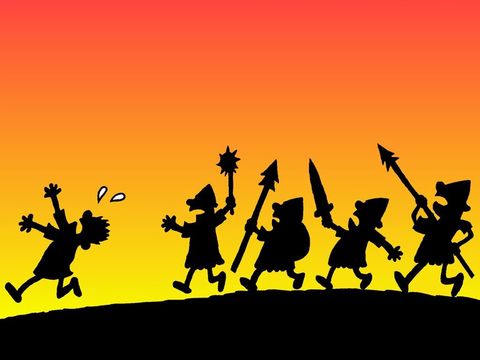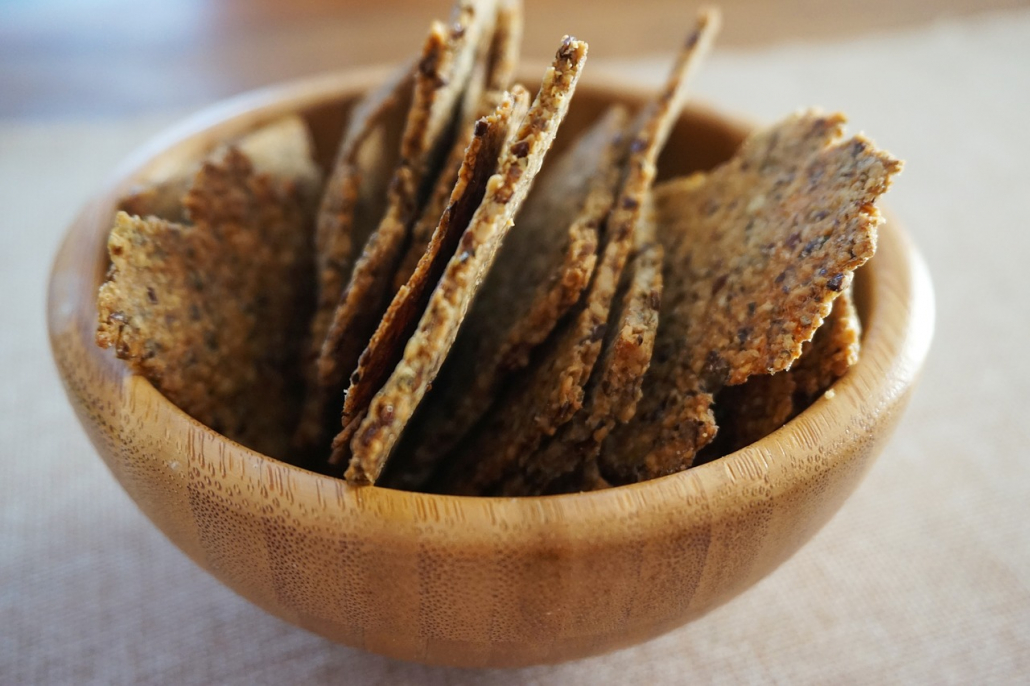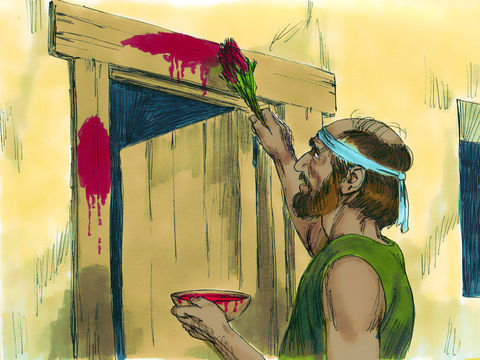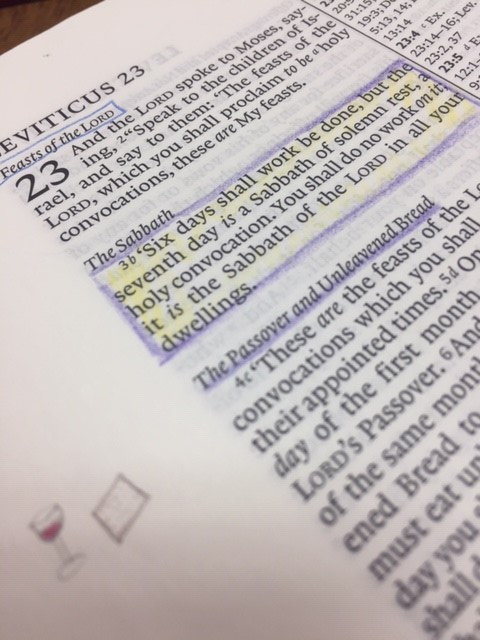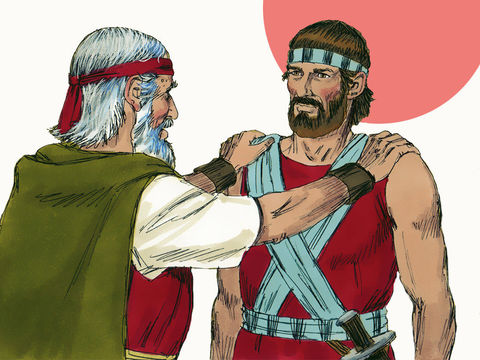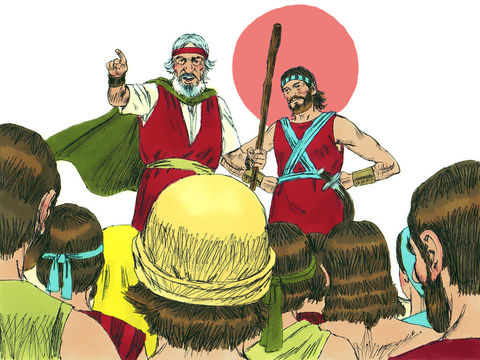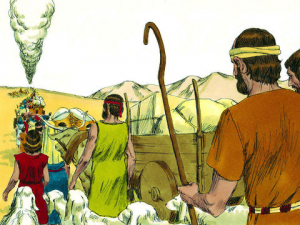Children’s Bible Program – Level 3: Lesson 27 “Gideon”
Read Together: When we read about Gideon in the book of Judges, we see that, once again, the children of Israel were in trouble. Year after year, the Midianites swarmed across the land of Israel. These nomadic people would set up their camps, allowing their camels and livestock to roam over the land, eating all the crops of the Israelites, leaving nothing. The children of Israel were left with no food for themselves. They hid in caves to escape the Midianites, with no food and no hope. Finally, they cried out to God to deliver them. The story of what happened next is one of the most amazing stories of bravery in the whole book of Judges. God used Gideon and 300 men to save Israel from the Midianite hordes. Read on to learn how!
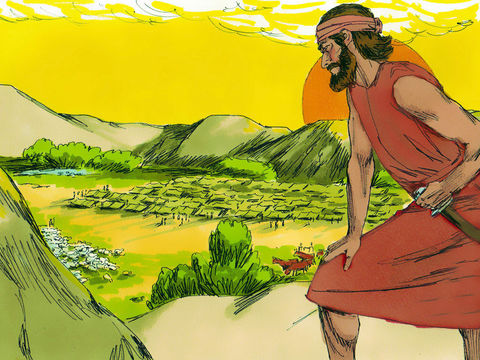
Read Together: Judges 6-8
Discuss:
- Did Gideon blame God for Israel’s problems (Judges 6:13)? Explain that people often blame God, but it is usually because of sin that bad things happen. To help illustrate this point, you may want to select an appropriate news story and discuss how the calamity is a result of sin.
- God does not leave people unaware of their sins and its consequences (Judges 6:8–10). Why did God allow the Midianites to terrorize Israel? Discuss the Church’s role in warning modern day Israel.
- Why did God have Gideon send all but 300 warriors home?
- Discuss with your child how Gideon tested God. God was very patient with Gideon by doing as he asked in order to help Gideon to trust Him.
- The people wanted to make Gideon their king. What was Gideon’s response?
Review Memorization:
Judges 21:25 “In those days there was no king in Israel; everyone did what was right in his own eyes.”

